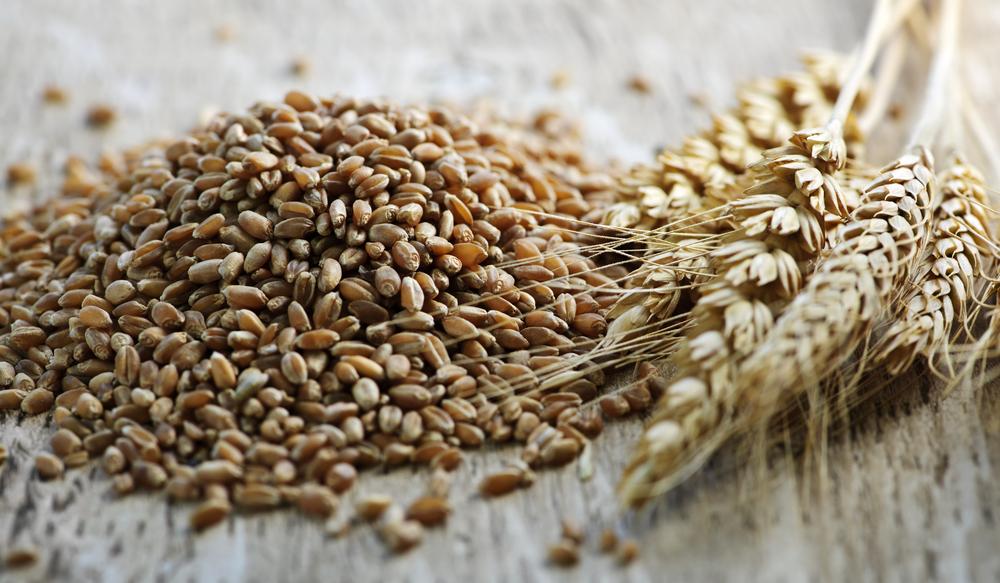Discover the Health Benefits of Incorporating Wheat Berries into Your Nutrition Plan
Explore the numerous health benefits of adding wheat berries to your diet, from weight management and blood pressure regulation to cancer prevention and better gut health. This superfood is a versatile and nutrient-packed choice for a holistic approach to wellness, supporting your overall health and nutritional needs.

Benefits of Including Wheat Berries in Your Diet
Wheat berries represent the most natural form of wheat, offering a rich source of essential nutrients. Unlike processed wheat products, these whole kernels resemble barley and are packed with vitamins, minerals, magnesium, copper, iodine, manganese, and zinc. These compounds contribute to a variety of health advantages, from supporting digestive health to reducing inflammation and lowering the risk of cardiovascular issues. Their nutrient density makes wheat berries an excellent choice for combating obesity, anemia, certain cancers, and gallstone formations.
For those accustomed to wheat flour, wheat berries are its whole grain counterpart. Simply soak the berries in water until tender, then incorporate them into soups, salads, or sandwiches to enhance nutrition seamlessly. If you're contemplating adding wheat berries to your daily meals, continue reading to discover their extensive health perks. Once aware of the numerous benefits, you'll find it hard to resist introducing them into your diet!
Supports Weight Management
Starting your day with wheat berries can be a powerful nutritional boost. High in proteins and energy-yielding nutrients, they help sustain you without excess calories, making them ideal for weight loss. As a low-fat food option, wheat berries can be a key element in your morning meal plan.
Assists in Lowering Blood Pressure
Rich in Omega-3 fatty acids, wheat berries are beneficial for heart health and are often recommended for individuals with hypertension. Their antioxidant and anti-inflammatory properties further aid in blood pressure regulation, promoting vascular health.
Learn More: 7 Foods to Include in Your Weight Loss Regimen
Enhances Gut Health and Reduces Food Allergies
Healthy gut bacteria are vital for digesting foods and preventing allergies. Given modern dietary patterns often lack in supporting gut flora, adding wheat berries—rich in fiber—can help maintain gut health and minimize allergic reactions.
Helps Prevent Cancer
Loaded with fiber, magnesium, calcium, and omega-3 fats, wheat berries possess anti-cancer properties. Their nutritional profile supports cancer prevention and also aids heart health by reducing bad cholesterol levels, lowering cardiovascular risk.
Alleviates Asthma Symptoms
Research indicates that wheat berries may reduce respiratory issues like asthma. The magnesium content confers anti-inflammatory effects that can potentially prevent asthma onset.
Explore More: 10 Superfoods to Incorporate into Your Diet
Regulates Blood Sugar and Supports Diabetes Management
The synergy of fiber, magnesium, and omega-3 fatty acids in wheat berries helps control blood glucose and insulin resistance. These nutrients are effective for managing both type 1 and type 2 diabetes.
Contributes to a Well-Rounded Dietary Intake
Beyond all benefits, the high vitamin, mineral, and fiber content makes wheat berries a valuable addition to your daily nutritional routine.









